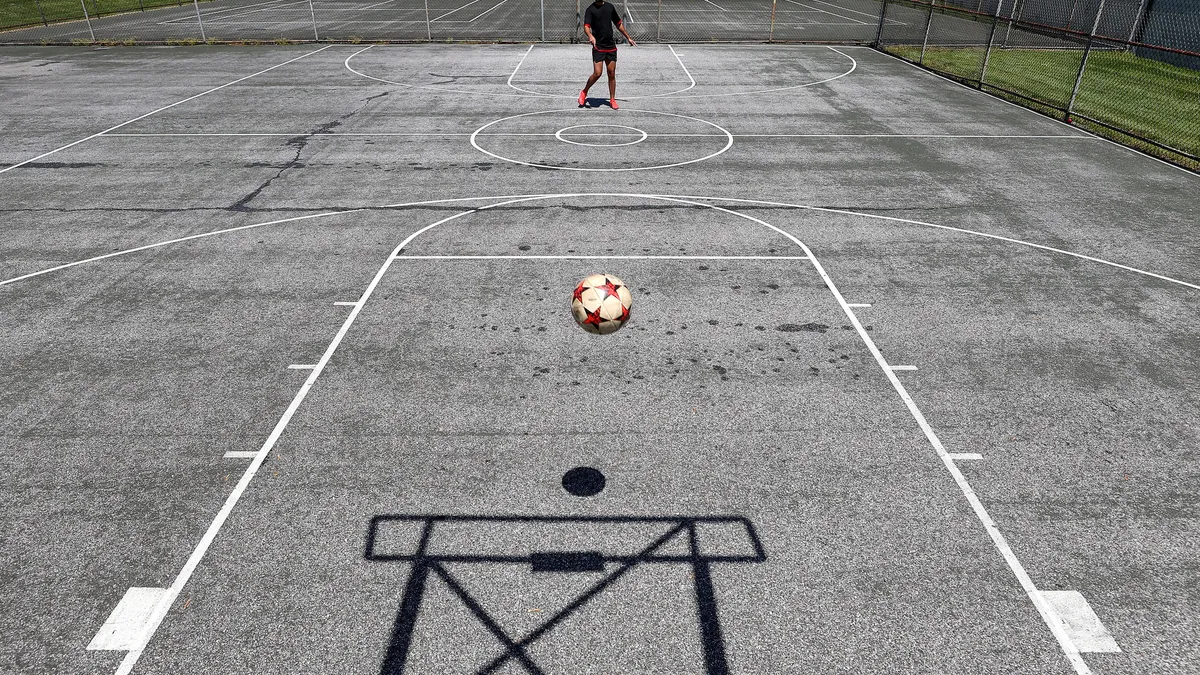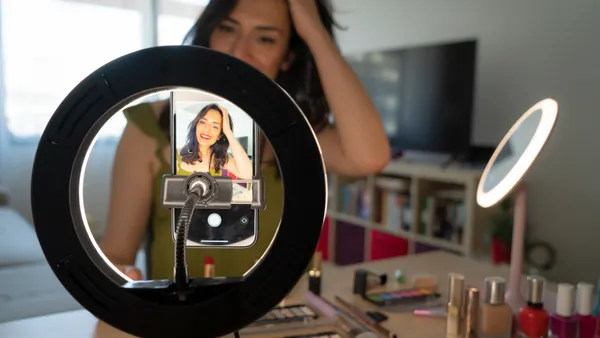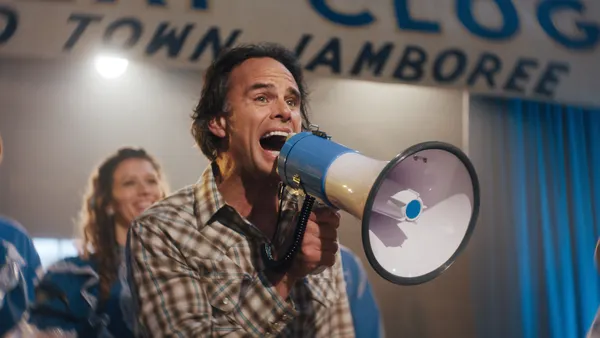Dive Brief:
- A majority of marketers (87%) think student-athletes can be as effective as traditional influencers, according to a survey from Inmar Intelligence. However, 63% report not knowing enough about regulations surrounding name, image and likeness (NIL) deals to feel comfortable using the tactic.
- In addition, two-thirds of the respondents believe employing student-athletes as influencers is riskier than traditional social media influencers when it comes to brand safety and campaign outcomes.
- The survey findings are another indication that marketers are interested in student-athlete deals but are looking for a way to simplify the process for striking and managing such deals.
Dive Insight:
Nearly six months after student-athletes gained the ability to monetize aspects of their name, image and likeness (NIL) through endorsements, the first survey to gauge retailer and brand sentiment about employing them as influencers suggests the challenges with college-level player endorsements are still a long way from being solved.
Much of the problem stems from the National Collegiate Athletic Association's decision to allow NIL monetization without issuing a blanket national policy, according to a white paper from Inmar. As a result, the extent of an athlete's ability to use his or her NIL is dependent on the state where their university is located and the university's own regulations.
It's no wonder, then, that 58% of the respondents in Inmar's survey said the rules and regulations governing NIL are too complicated to navigate. Among some of the concerns Inmar points to are internal marketing teams missing crucial details in state or school guidelines or athletes failing to ensure the details are compliant with their state or school regulations. The confusion hasn't stopped brands like Degree and Denny's from entering into deals, however.
The lack of organized solutions for marketers seeking to make deals with student-athletes was a topic of discussion at this year's Advertising Week. In addition to the differing state and university regulations, panelists at a sports marketing session noted that many student-athletes don't have agents with whom brands can negotiate and the athletes' futures aren't as certain as those of professional athletes. Panelists suggested the creation of a group licensing program could help marketers and athletes negotiate the market's complexities.
It is in marketers' best interest to straighten out some of these complexities. In Inmar's survey, 61% of respondents said student-athletes were better at driving awareness for a business than traditional social media influencers. A majority of respondents agreed student-athletes were better at driving traffic to digital properties and that they would be better at driving sales and lead generation over traditional social influencers as well.
"We're in a new era for college athletes, universities and advertisers," Spencer Baird, executive vice president of martech at Inmar Intelligence, said in a statement. "The opportunities now available are exciting for all of the above, but we're also acutely aware of the challenges brands and retailers face that could potentially hold them back."












